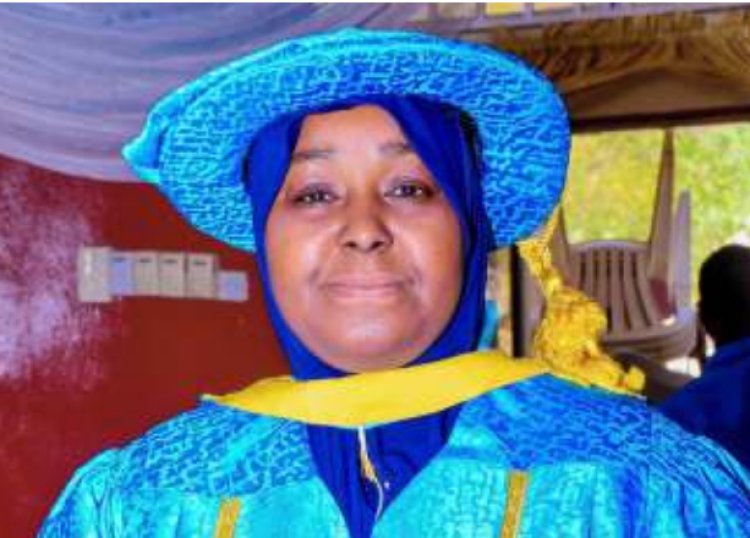AI Can Revolutionize Healthcare in Africa - BUK Prof. Hajara Sanda
AI Can Revolutionize Healthcare in Africa - Prof. Hajara Sanda

Professor Hajara Umar Sanda has emphasized that effective health communication, combined with artificial intelligence (AI) integration, can significantly enhance patient care and sustain healthcare systems in Africa.
Speaking at the 11th Annual Conference of the Association of Communication Scholars and Professionals of Nigeria (ACSPN), Prof. Sanda presented a paper titled, "The Role of Artificial Intelligence in Health Communication: Implications for Digital Communications and Governance in Africa."
According to Prof. Sanda, AI-driven innovations like chatbots, visual assistants, and sophisticated data analysis tools are transforming health information dissemination and utilization.
"Africa's healthcare systems can benefit greatly from AI integration, improving efficiency, accuracy, and personalization of healthcare delivery," Prof. Sanda noted.
However, she acknowledged challenges to widespread AI adoption, including the digital divide, infrastructure deficits, and capacity building needs, as highlighted by McKinsey (2024).
Prof. Sanda, the first female Professor of Mass Communication in Kano, stressed the importance of harnessing AI's transformative power judiciously, ensuring its benefits reach all corners of Africa and contribute to the continent's long-term health and prosperity.
The paper explored AI's role in health communication within the African context, highlighting successes in Egypt, South Africa, and Nigeria.
"These examples demonstrate Africa's capacity to embrace and implement digital health solutions," Prof. Sanda said.
As Africa embraces the AI revolution in healthcare, Prof. Sanda's research underscores the need for strategic investment in AI integration, capacity building, and infrastructure development to ensure equitable access to quality healthcare.

 UmarFarouk123
UmarFarouk123 



